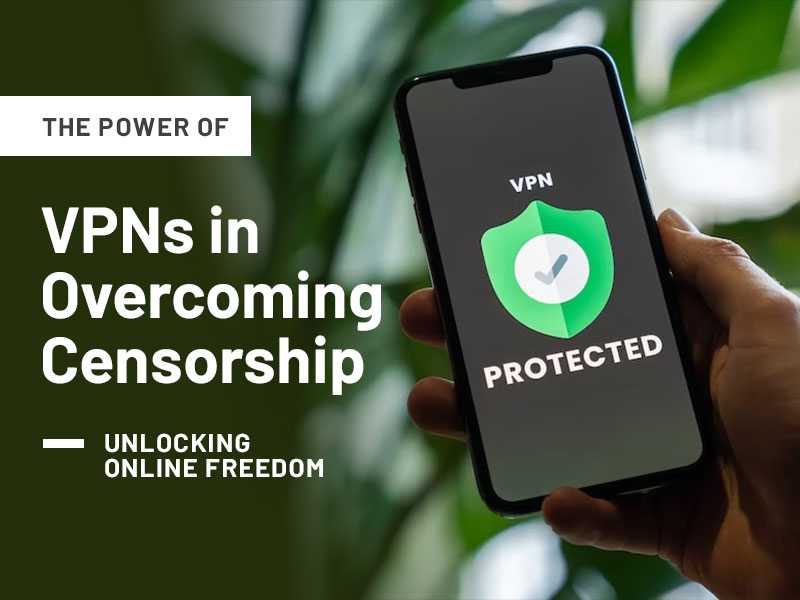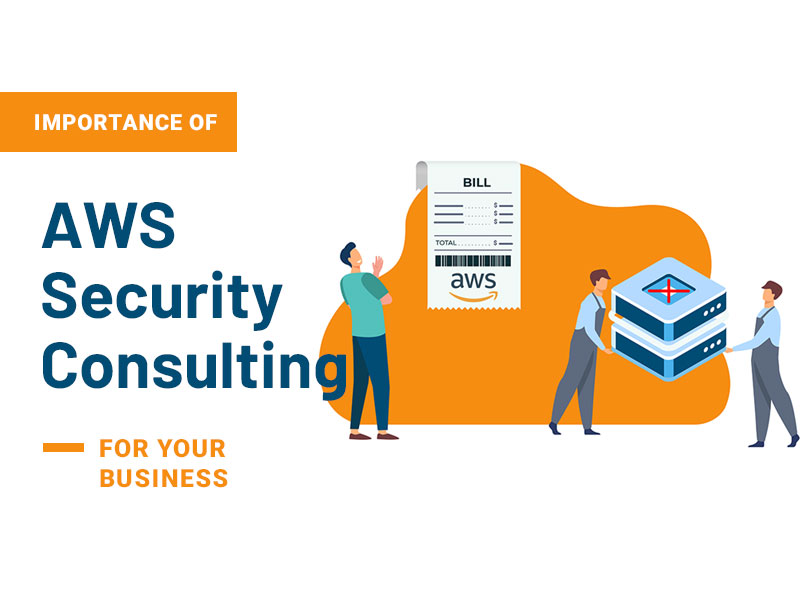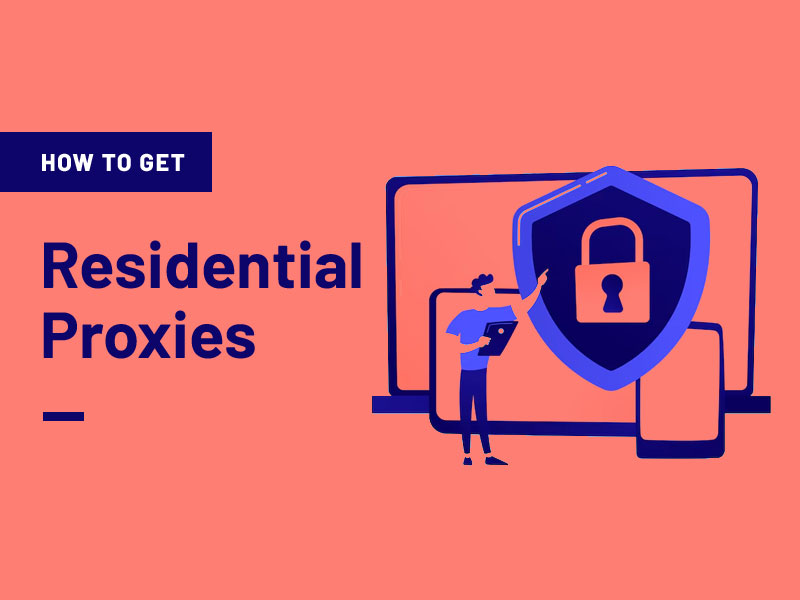In the information age, the Internet is an integral part of virtually everything we do daily, empowering us to connect, communicate, and access untold amounts of information instantaneously. At the same time, this global interconnectedness has brought a number of unique challenges to the fore, as governing bodies the world over seek to find ways to maintain order online.
As international institutions strive to exert greater control over the digital frontier, economic and geopolitical factors are having an increasingly negative effect on our freedom as modern internet users. More and more, we are faced with the issue of digital censorship, as blocks on applications like Telegram restrict our ability to communicate and even create obstacles to remote work.
In the face of such censorship, the tech industry has emerged as a source of optimism, providing users with a highly-accessible and purpose-built solution in the form of free Virtual Private Networks. In this article, I will provide insight into how and why apps like Telegram are blocked, and outline how you can leverage the power of a free VPN to overcome online censorship and preserve your digital freedom.
What is Telegram and why is it being blocked?
A wide variety of apps have been subject to blocks in the past several years, with Telegram being one of the most prominent recent examples.
Telegram is a messaging application which places a strong emphasis on confidentiality. It utilizes robust encryption protocols and privacy features such as self-destruct timers on chats to ensure maximal privacy for its users. As such, it has become a popular option for conscientious modern users who wish to protect private and potentially sensitive information. Despite its clear utility for users, however, Telegram has been banned and subsequently blocked in numerous countries worldwide. In many instances, this is due to the encrypted nature of the messaging service, as it hinders the ability of governing bodies to monitor the communications of private users should do wish to do so.
Governments employ a variety of different techniques to restrict users’ ability to access communications apps like Telegram. For instance, they may block the application completely by preventing users to download or install it on their devices. In other cases, they may use IP tracking to impose geo-blocks on users or apply bandwidth throttling to the app to render it unusable. Additionally, some utilize a technique known as Deep Packet Inspection (DPI), which enables them to track and block certain kinds of data traffic.
Fortunately, while measures are being taken to restrict users’ ability to access applications like Telegram, it is possible to do so by leveraging a VPN solution.
How can a VPN enable you to overcome censorship?
Virtual Private Networks offer an effective solution to the issues associated with online censorship. This is due to the inherent way that VPNs function.
When you connect to the Internet using a VPN application, it acts as an intermediary between your device and the sites and services that you seek to access on the Internet. A VPN reroutes your internet connection via a proxy server in a remote geographic location. In doing this, it allows you to use the Internet under the guise of an assumed IP address. As a result, governing bodies cannot use your device’s IP to determine your location. This means that by simply changing the location of your VPN server, you can bypass any potential geo-restrictions that may be in place where you are.
In addition, a Virtual Private Network (VPN) tends to send your data traffic through a secure tunnel, potentially encrypting it the process. By doing this, your VPN application makes it impossible to monitor your online activities. As a result, governing bodies and Internet Service Providers (ISPs) cannot impose restrictions on you or throttle your bandwidth based on what you’re doing online. As such, a VPN can allow you to access communications apps like Telegram and utilize them without encountering issues.
Using a VPN to restore your digital freedom
To use a VPN to unblock apps and restore your freedom, you can follow these simple steps:
- Select the right VPN service for you: There are a wide variety of VPN options available, so choose one that suits your specific needs. When making a choice, it’s worth comparing aspects like server counts, server locations, and encryption technologies to help you determine what’s right for you.
- Install your VPN application: Once you’ve chosen a VPN, you can download it and install it. Most major providers offer a browser extension, which encrypts your browser data, or a desktop client, which encrypts all of your device’s data. Both can be installed in seconds with just a couple of clicks.
- Get connected: Once installed, launch your VPN. You will be presented with a selection of different server options. Simply select the one you prefer, click ‘connect’, and you’ll be online within seconds.
Once connected to the VPN server, you will be able to browse securely and anonymously and have unrestricted access to Telegram and other blocked applications or content.
Concluding
The trend toward online censorship makes the Internet a more difficult place to navigate than it needs to be and poses a substantial threat to your privacy and freedom. While it would be better were this not the case, it is a reality of the modern world, making a VPN an essential tool for any Internet user in the current digital landscape.
By encrypting your connection, guarding your IP, and enabling you to change your location, a VPN can provide you with an unrivaled means of overcoming censorship so that you can preserve your digital freedom and use the Internet in the way it was intended.







